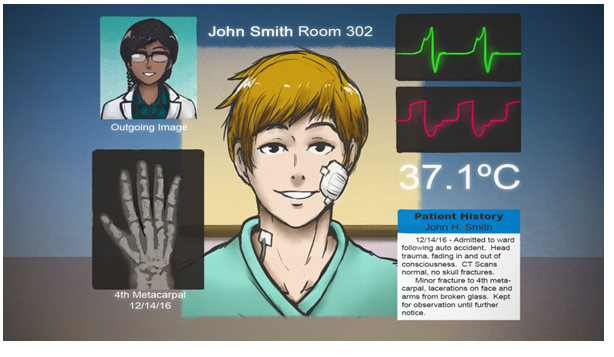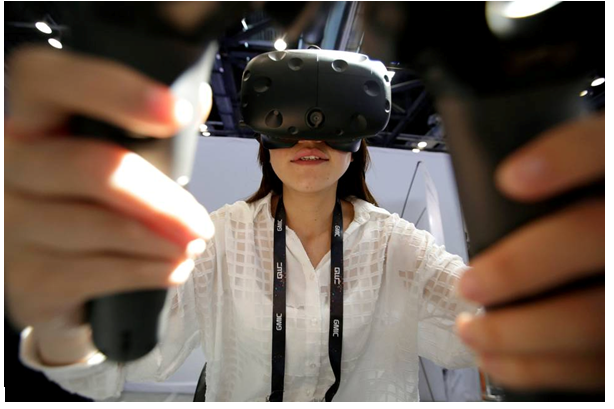Error fix for long-lived qubits brings quantum computers nearer
By Jacob Aron Useful quantum computers are one step closer, thanks to the latest demonstration of a technique designed to stop them making mistakes. Quantum computers store information as quantum bits, or qubits. Unlike binary bits, which store a 0 or a 1, qubits can hold a mixture of both states at the same time, boosting their computing potential for certain types of problems. But qubits are fragile – their quantum nature means they can’t hold data for long before errors creep in. So researchers wanting to build large-scale computers invented quantum…
Read More








